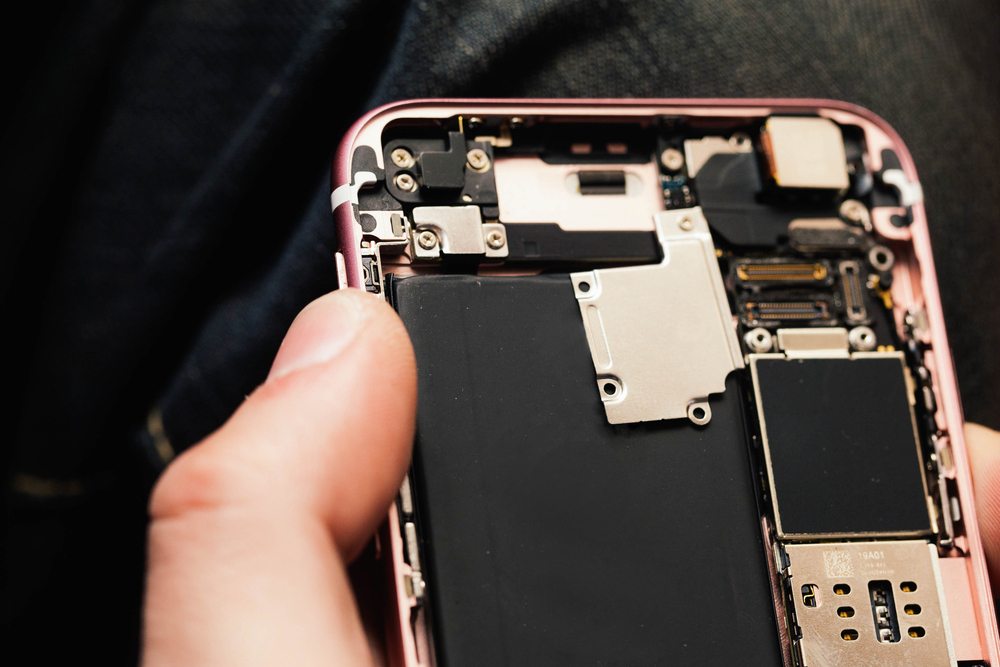Apple iPhones Expected to Use TSMC’s 5nm EUV Chips in 2020
A recent DigiTimes report claimed Apple will start using TSMC’s next-generation 5nm process technology in its iPhones next year. Apple also used TSMC’s first-generation 7nm process node exclusively to manufacture its A12 processor.
Apple’s 2020 iPhones
According to DigiTimes, TSMC's plans to start bring its 5nm EUV process to volume production by 2020 are "well on track," and Apple is supposed to be a key customer. "TSMC is expected to secure the first 5nm chip orders from Apple for the 2020 iPhones," the report said, citing unnamed industry sources.
TSMC has previously stated that it will use EUV lithography much more extensively when it starts using the 5nm process technology. The use of EUV lithography for the second-generation 7nm process is limited to components that can be manufactured without the use of a pellicle. A pellicle is a transparent shield that’s needed to protect the photomask from dust particles that may fall on it and create defective parts.
ASML, TSMC’s supplier of EUV lithography technology, can currently build a pellicle with an 83 percent transmission rate that can withstand a 250W source and needs to be replaced every 3,000 wafers. ASML’s next-generation pellicle has an 88 percent transmission rate, can withstand a 300W source and needs to be replaced every 10,000 wafers.
Apple could have used Samsung’s 7nm EUV process this year. However, the iPhone maker tends to be quite conservative when it comes to adopting brand new technology in its devices, and it usually waits until its mature enough to be adopted in hundreds of millions of iPhones and iPads. Not to mention, in the smartphone realm Samsung is a top competitor to Apple.
But if DigiTimes' report is true, Apple may have big plans for the 5nm EUV process, as it’s rumored to launch MacBooks with powerful Arm chips by 2020's end. TSMC’s 5nm EUV process may be just what Apple needs to create an Arm chip that is highly competitive with Intel’s latest (presumably still 10nm) chips by then.
Get Tom's Hardware's best news and in-depth reviews, straight to your inbox.
Lucian Armasu is a Contributing Writer for Tom's Hardware US. He covers software news and the issues surrounding privacy and security.
